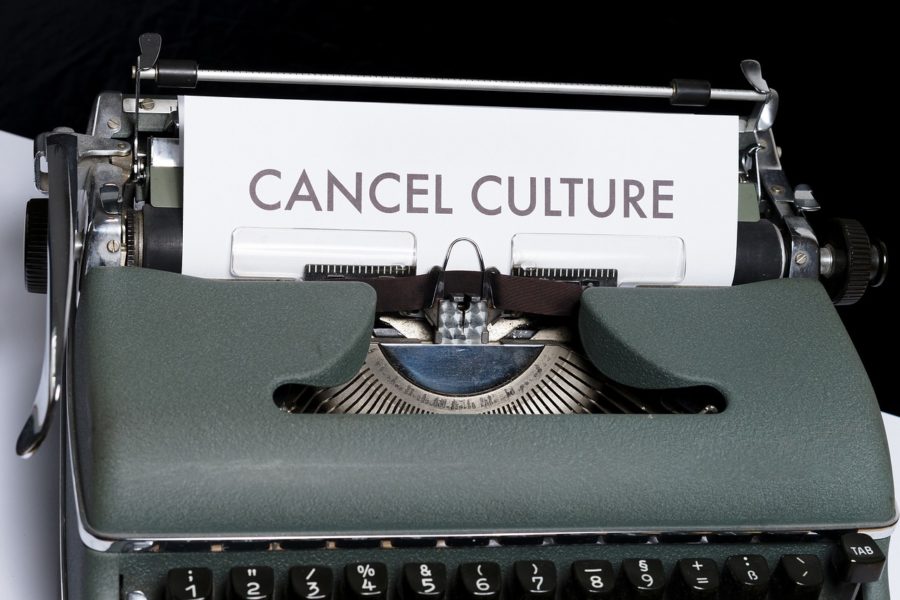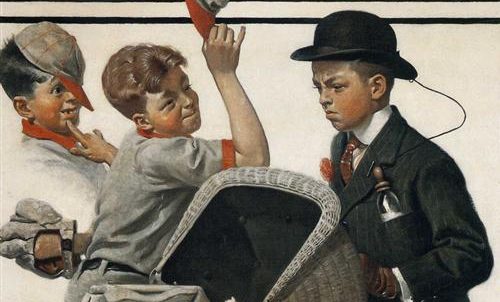The Effects Of Cancel Culture
Have you ever heard of the phrase, “Sticks and stones may break my bones, but words can never hurt me.” That’s an old saying. But, are words truly that powerless? Today, if you are not careful, one wrong word or move could get you canceled. Cancel culture refers to the practice of “canceling” or boycotting individuals, groups, or businesses that are deemed to have acted in a manner deemed inappropriate or offensive- usually taking place online. While the concept of holding people accountable for their actions is not new, cancel culture has gained traction in recent years with the rise of social media platforms that enable individuals to quickly and easily voice their opinions and mobilize others to support their cause.
The effects of cancel culture can be far-reaching and impactful, both for the individual being canceled and for society as a whole. Here are some examples of celebrities who have been affected by this concept. Kevin Hart, in 2018, was set to host the Oscars, but he was forced to step down after old tweets resurfaced in which he made homophobic comments. Hart initially refused to apologize, but eventually issued a statement saying he was sorry for his past remarks. Another example is, Ellen DeGeneres. The talk show host faced allegations of creating a toxic workplace in 2020, with former employees accusing her of fostering a culture of fear and intimidation. DeGeneres apologized and made changes to her show, but the damage had already been done to her reputation. These are a few examples of how cancel culture can impact celebrities. But, what are the broader effects on society?
One of the main concerns with cancel culture is that it can stifle free speech and discourage people from expressing their opinions. When individuals are afraid to speak out for fear of being canceled, or losing their jobs, it can lead to a lack of open and honest dialogue, which is essential for a healthy democracy. Cancel culture can also be detrimental to mental health. Being publicly shamed and ostracized can be incredibly traumatic, and the fear of being canceled can lead to anxiety and depression. On the other hand, some argue that cancel culture is a necessary tool for holding people accountable for their actions. In some cases, cancel culture has been successful in bringing about positive change, such as when it has led to the removal of public figures who have committed sexual harassment or other forms of abuse.
Ultimately, the effects of cancel culture are complex and multifaceted. While it can be a powerful tool for holding individuals accountable, it can also lead to a lack of free speech and a culture of fear. As individuals and as a society, we must strive to find a balance between accountability and compassion, and to promote open and honest dialogue in all aspects of our lives.











